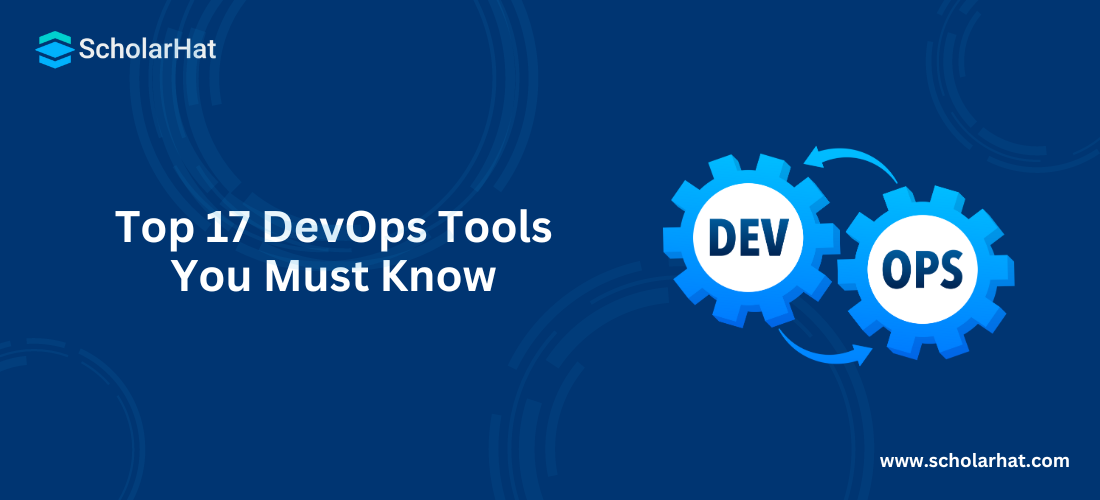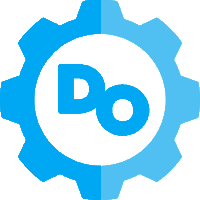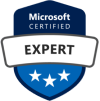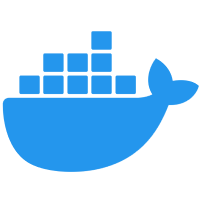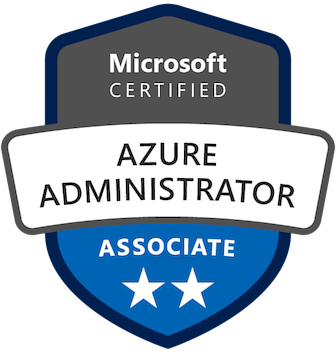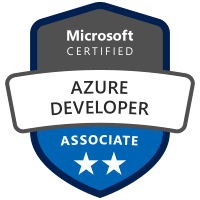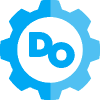18
AprTop DevOps Tools List: Essential Tools to Learn and Master in 2025
27 Jul 2024
Beginner
12K Views
16 min read
Introduction DevOps Tools
DevOps is a transformational methodology that combines software development with information technology operations to improve software delivery speed, productivity, and quality. By automating and streamlining the software lifecycle, DevOps approaches enable organizations to respond more effectively to market needs and improve team communication.
In this DevOps Tutorial, we will look at the "Top 17 DevOps Tools You Must Know," which contains a detailed overview of the essential tools for DevOps processes, as well as their significant
What are DevOps Tools?
- DevOps tools enable collaboration, integration, and automation in the creation of software and IT operations.
- Jenkins is used for constant development and delivery, Docker is used for container use, Kubernetes is used for container coordination, and Ansible is used for managing configurations.
- These technologies make workflows more efficient and provide consistent deployment environments.
Why is using DevOps Tools important for business?
- Using DevOps tools is essential for businesses because it improves communication between the operations and development teams, resulting in faster and more secure software delivery.
- These technologies streamline repetitious operations, decrease errors, and ensure deployment uniformity.
- Ultimately, this leads to faster time-to-market, enhanced productivity, and improved scalability, which promote business development and competitive advantage.
Top 17 DevOps Tools List You Need to Know
1. AWS
AWS DevOps tools offer a set of services that automate and manage the creation and distribution of software processes. These tools enable continuous delivery, continuous integration, infrastructure-as-code, and monitoring.
Features
- AWS CodePipeline: automates application development, testing, and deployment.
- AWS CodeBuild: A completely managed build service that compiles source code and runs tests.
- AWS CodeDeploy: simplifies application deployments to numerous computing services.
- AWS CloudFormation: manages technology as code, helping you to visualize and configure AWS resources.
2. Jenkins
Jenkins reduces continuous integration and delivery pipelines, allowing teams to automate and expedite software development operations effectively. It supports a wide variety of plugins and settings, making it very adaptable to different project requirements.
Features
- Allows for the integration of a wide range of creation, testing, and deployment tools.
- Allows jobs to run on several machines, resulting in faster builds and testing.
- Continuous delivery pipelines are implemented and integrated using Jenkins Pipeline, a package of plugins.
- Has a large, active community that offers regular updates, plugins, and thorough documentation.
3. Prometheus
Prometheus is an open-source alerting and monitoring solution that prioritizes reliability and scalability. It captures and saves metrics in time series format, allowing for powerful querying and alerting capabilities.
Features
- Multidimensional Data Model: Stores data with labels, allowing for advanced searching and aggregation.
- Powerful Query Language (PromQL): Enables accurate and flexible data analysis.
- Allows alert rule configurations to trigger alerts depending on metric thresholds.
- Works flawlessly with Grafana to generate rich dashboards and visualizations.
4. Datadog
Datadog is a comprehensive platform for monitoring and analyzing IT infrastructure, software, and logs. It provides complete visibility into system performance, allowing teams to detect and rectify issues quickly.
Features
- Integrates metrics, evidence, and logs on a single platform to provide comprehensive monitoring.
- Provides configurable dashboards for visualizing key metrics and trends.
- Offers powerful alerting with a variety of notification connectors.
- Facilitates easy integration with more than 400 platforms and services, increasing flexibility and coverage.
5. Azure DevOps
Microsoft provides Azure DevOps, a collection of tools for software development and deployment from start to finish. It promotes cooperation, ongoing maintenance, and continuous delivery, resulting in improved effectiveness and streamlined DevOps procedures.
Features
- Offers CI/CD pipelines for automated code development, testing, and deployment.
- Provides git repositories for code control and version control.
- Azure Boards provides project management reporting and job tracking tools such as Kanban boards.
- Azure Artifacts enables the building, hosting, and sharing of packages throughout the development lifecycle.
6. Google Cloud
Google Cloud's DevOps tools enable continuous integration, delivery, and monitoring. These tools help to automate and streamline the creation and distribution of software processes, increasing efficiency and dependability.
Features
- Cloud Build automates application development, testing, and deployment at scale.
- Offers private git repositories hosted in Google Cloud.
- Enables the automated delivery of apps to Google Kubernetes Engine and other services.
- Stackdriver (now part of the Google Cloud Operations Suite) provides complete monitoring and logging, which is diagnostic for applications and infrastructure.
7. Vagrant
Vagrant is an open-source tool for creating and managing portable virtual development environments. It establishes a uniform procedure to handle environments for development, making it simple to create, distribute, and maintain virtual machines.
Features
- Provides consistent environments for development across several machines.
- Works with a variety of virtualization providers, including VirtualBox, VMware, and Docker.
- Supports administration with tools such as Shell, Ansible, Puppet, and Chef.
- The virtual environment is defined and controlled using simple configuration files (Vagrantfiles).
8. Mercurial
Mercurial is a distributed version management system that aims for outstanding performance and scalability. It offers a basic and straightforward interface for handling and monitoring source code modifications.
Features
- Each user has a complete copy of the repository, enabling decentralized development.
- Designed for speed and can handle large projects efficiently.
- Supports simple branching and merging, allowing for concurrent development workflows.
- Works flawlessly with a variety of operating systems, like Windows, macOS, and Linux.
9. Git
Git is a popular distributed version management system for tracking source code changes in software development. It offers collaborative workflows, which allow numerous developers to collaborate on projects concurrently.
Features
- Every programmer has a full copy of the repository, which allows for offline work and distributed development.
- Provides lightweight branching and merging features, enabling flexible and simultaneous development workflows.
- Designed for performance, huge tasks can be handled quickly and easily.
- Powered by a large community, substantial documentation, multiple integrations, and a diverse set of extensions and tools.
10. Puppet
Puppet is a configuration management program that simplifies infrastructure provisioning, configuration, and management. It promotes consistency, compliance, and flexibility across environments.
Features
- Using declarative language to specify the desired state of technology and applications.
- Reduces manual processes and errors by automating server and application deployment and management.
- It can easily manage hundreds of nodes across several settings.
- Generates thorough reports and uses automated checks to guarantee fulfillment of policies and standards.
11. Jira
Jira is a robust project management and issue-tracking program created by Atlassian. It is frequently used for planning, tracking, and managing software development projects and strongly supports agile approaches.
Features
- Handles and tracks issues, defects, tasks, and project status.
- Supports Scrum and Kanban boards for agile project management and workflow visualization.
- Workflows, fields, and problem types are highly adaptable to meet the demands of varied projects.
- Works seamlessly with other tools such as Confluence, Bitbucket, and hundreds of third-party applications.
12. Kubernetes
Kubernetes is an open-source container orchestration technology that automates container deployment, scaling, and administration. It provides a strong architecture for running distributed systems resiliently.
Features
- Scales software based on demand to ensure optimal resource utilization.
- Failed containers are automatically restarted, replaced, and rescheduled as needed to keep the application healthy.
- Includes built-in discovery of services and load balancing for effective traffic distribution.
- Manages apps with declarative configuration files to ensure uniform and repeatable deployments.
13. Ansible
Ansible is an open-source automation tool for managing configurations, application deployment, and job automation. It enables IT professionals to automate repetitive processes while streamlining complex workflows.
Features
- Manages remote machines using SSH, removing the requirement to install agents on managed nodes.
- Automation tasks are defined using YAML-based playbooks, making setups and deployments simple to manage.
- Ensures that tasks can be safely repeated without affecting the system's current state.
- Supports a variety of modules and plugins for integration with multiple systems, enabling considerable automation capabilities.
14. Chef
Chef is a robust automation tool that supports infrastructure-as-code and configuration management. It streamlines the deployment, setup, and maintenance of infrastructure and applications across many environments.
Features
- Defines infrastructure in code, allowing for uniform and repeatable deployments.
- Cookbooks are reusable, modular scripts that automate processes like package installation, file management, and service configuration.
- The Chef Server centralizes configuration management and serves as a hub for controlling nodes and disseminating settings.
- It integrates with cloud service providers, container systems, and other DevOps technologies, allowing seamless automation across several environments.
15. Slack
Slack is a collaborative platform that brings teams together to improve communication and efficiency. While not usually seen as a DevOps tool, it plays an important role in promoting communication and collaboration across DevOps teams.
Features
- Groups talk into channels based on projects, teams, or themes to facilitate focused discussions.
- Supports real-time messaging, file sharing, and collaboration via direct messages and channels.
- Slack offers integrations with a variety of tools and services, enabling centralized notifications, alerts, and updates.
- Provides extensive search features to locate information and past messages swiftly, enhancing team knowledge exchange and collaboration.
16. Kibana
Kibana is an open-source data visualization and exploration tool explicitly created for Elasticsearch. It offers advanced analytics and visualization capabilities for log and time-series data, enabling monitoring, solving problems, and operational intelligence.
Features
- Uses Elasticsearch data to create rich, interactive visualizations such as charts, graphs, and maps.
- Users can create individual dashboards to monitor critical metrics and trends.
- Users may easily search and explore the data stored in Elastic indices.
- Provides alerting capabilities based on established criteria to warn users of critical occurrences or abnormalities.
17. Splunk
Splunk is a premier platform for real-time search, monitoring, and analysis of machine-generated data. It offers advanced features for log management, operational data, security information, and event management (SIEM).
Features
- Collects and indexes data from a variety of sources, including logs, metrics, and events, for thorough analysis.
- Enables rapid exploration and analysis of data through robust search capabilities and ad hoc querying.
- Provides interactive visualizations and dashboards for monitoring and comprehending data insights.
- Enables real-time alerting and monitoring based on established thresholds and situations, allowing issues and abnormalities to be detected quickly.
How to Choose a Top DevOps Tool?
Choosing DevOps tools entails picking technologies that improve software development efficiency, process automation, and team collaboration. This guarantees that applications are deployed, monitored, and managed efficiently, increasing overall organizational productivity and agility.
- Determine the automation and deployment targets.
- Scalability, integration, ease of use, and workflow support are all essential factors to consider while evaluating features.
- Ensure a strong user community and support.
- Evaluate features such as RBAC and encryption.
- Compare price and overall ownership costs.
- Evaluate functionality and performance.
- Check user reviews for dependability and satisfaction.
Common Challenges of Implementing DevOps Tools
Implementing DevOps techniques frequently involves hurdles such as integrating with current infrastructure, overcoming cultural opposition to change, and learning new skills for practical use. Additionally, successful deployment requires selecting technologies that correspond with corporate goals, as well as assuring scalability and security.
Reference image:
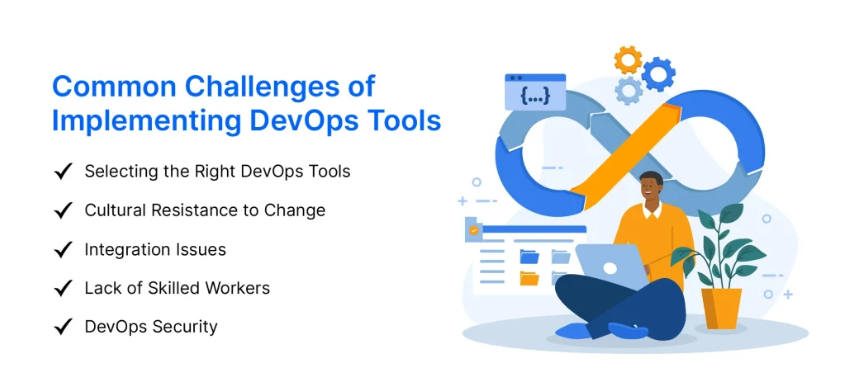
Summary
This tutorial gives an overview of crucial DevOps tools and capabilities, stressing their importance in improving software development, automation, and team collaboration. It looks at popular tools such as AWS, Jenkins, Kubernetes, and Slack, highlighting significant capabilities and use cases. The guide also covers criteria for selecting DevOps technologies, common implementation obstacles, and ways for overcoming them, making it a comprehensive resource for increasing company productivity and agility through successful DevOps practices. Also, consider Azure DevOps Certification Training
FAQs
Jenkins is one of the most used DevOps tools. It is an open-source automation server that builds, deploys, and automates software development projects, making it an essential component of continuous integration and continuous delivery (CI/CD) pipelines.
Kubernetes is considered a DevOps tool. It serves as an open-source container management platform that automates container deployment, scaling, and administration, allowing DevOps applications to operate more efficiently and resiliently.
Jenkins' key features include:
- The ability to automate continuous integration and continuous delivery (CI/CD) pipelines
- Support for a diverse set of plugins for extension
- Distributed build capabilities for scalability and performance
Puppet is popular in DevOps due to its declarative language, which simplifies infrastructure administration, automation capabilities, which eliminate manual tasks, and scalability, which allows for efficient management of large-scale setups.
Prometheus helps DevOps through its advanced querying language (PromQL), complex information format for flexible data handling, and integrated alerting abilities, which improve real-time monitoring and debugging of infrastructure and applications.
Take our Devops skill challenge to evaluate yourself!

In less than 5 minutes, with our skill challenge, you can identify your knowledge gaps and strengths in a given skill.


